UN EXPERT: “CULTURAL RİGHTS, NOT A BARGAİNİNG CHİP”,
The current political situation in Cyprus creates many obstacles to the exercise of cultural rights”, said United Nations human rights expert Karima Bennoune at the end of her first fact-finding mission to Cyprus.

03 Haziran 2016 Cuma 10:12
The UN Special Rapporteur in the field of cultural rights, who visited the country from 24 May to 2 June to assess efforts to enhance the enjoyment of cultural rights by all people, expressed concern about the administrative obstacles posed by the division of Cyprus for individuals wishing to exercise their right to enjoy and access cultural heritage.
“I condemn unjustified restrictions on access to cultural heritage for religious ceremonies, including those that were announced by the Turkish Cypriot authorities during my visit. The attempt to increase restrictions has been harmful”, Ms. Bennoune said. She called for any unfounded restrictions to be lifted and urged the Cyprus government to abstain from any retaliatory measure. “Cultural rights, including the right to enjoy and access cultural heritage shall not be considered as a bargaining chip,” the independent expert stressed.
The Special Rapporteur stressed that there are issues of access to cultural sites in the south of the country, although there is a tendency to consider that such issues only happen in the north. “The Government should make every effort to end de facto limitations on accessing cultural sites, including through clarifying opening hours, simplifying processes for accessing particular sites, and providing for essential facilities such as water and washrooms at some sites,” she said.
“Cyprus is making a great deal of efforts to ensure that cultural heritage, which is at the center of great tensions and could potentially undermine reconciliation, contributes to the solution”, the expert highlighted. She also praised the work of the Technical Committees on Cultural Heritage, Education, Culture and Gender in this regard: “They provide an important framework for contacts between people across communal lines and should be studied as possible best practices.”
“Many of the cultural heritage sites I visited had been restored or were undergoing restoration works, but I also visited sites that were in terrible conditions, as is the case for some abandoned churches and mosques in many small villages, neglected and left exposed to vandalism. I also visited archeological sites in need of further protection,” the expert noted.
While recognizing the important work that is being done, Ms. Bennoune drew attention to the frustration of people regretting what they see as the slow pace of the restorations. “I agree with them, cultural heritage cannot wait,” she said.
Thanks to the opening of the crossings, the expert noted, people visited their old villages and neighborhoods, their old churches, mosques and cemeteries. “They started talking to each other again, to recognize and re-humanize each other,” she added. “In this way, cultural heritage can promote human rights.”
“What collapses with the walls and the physical structures is the support on which interaction and peaceful relationships can be built,” she said. The expert also stressed that the younger generations have not experienced past social interactions, are used to the status quo and are exposed to a narrative of mistrust, also through the educational system, which jeopardizes the possibilities for a peaceful future.
“What Cyprots need for the reconciliation process is to exercise their human rights,” the Special Rapporteur said. “This implies at least participation and consultation in the decisions impacting their cultural rights.” She recommended adequate consultation processes regarding the meaning of heritage, restoration work, destination and future use of sites.
The Special Rapporteur regretted that an application to include the Hala Sultan Tekke Mosque on the UNESCO World Heritage List was made “without involving the people having a particular link with the site, when such project may carry significant implications for them in terms of access and maintenance of the site.”
“Though a positive nod to reconciliation between the two largest population groups on the island, the bi-communal framework and the limited categories recognized in the constitution of 1960 are insufficient today to characterize the complexity of this diverse society”, Ms. Bennoune stated.
The expert noted that Cyprus’s society currently includes not only Greek and Turkish Cypriots, but also a mosaic of historic minorities and more newly arrived persons, people of mixed identities, and those who chose to identify in some other fashion altogether.
“Each person should have a right to self-identify,” she underscored. She noted that different people may have diverse historic relationships with the island of Cyprus, which must be acknowledged and respected, but all must enjoy their cultural rights without discrimination.
UNFICYP
![Premier Lig'de şok olay: 2 futbolcu tutuklandı]() Premier Lig'de şok olay: 2 futbolcu tutuklandıPremier Lig'de 19 yaşında iki futbolcunun geçtiğimiz hafta Cuma gecesi tecavüz suçlamasından dolayı gözaltına alındığı öne sürüldü. İngiliz basınını sarsan haberde futbolcuların geceyi sorguda geçirmesinin ardından kefaletle serbest bırakıldığı kaydedildi24 Nisan 2024 Çarşamba 14:03FUTBOL
Premier Lig'de şok olay: 2 futbolcu tutuklandıPremier Lig'de 19 yaşında iki futbolcunun geçtiğimiz hafta Cuma gecesi tecavüz suçlamasından dolayı gözaltına alındığı öne sürüldü. İngiliz basınını sarsan haberde futbolcuların geceyi sorguda geçirmesinin ardından kefaletle serbest bırakıldığı kaydedildi24 Nisan 2024 Çarşamba 14:03FUTBOL![KTAMS ve Kamu-İş'in Merkezi Cezaevi'ndeki grevi 15 gündür devam ediyor]() KTAMS ve Kamu-İş'in Merkezi Cezaevi'ndeki grevi 15 gündür devam ediyorKıbrıs Türk Amme Memurları Sendikası (KTAMS) ve Kamu İşçileri Sendikası’nın (KAMU-İŞ), Merkezi Cezaevi’ndeki teknik işlerde çalışan personel eksikliği nedeniyle 9 Nisan'da başlattığı grevi, 15 gündür sürdürüyor.24 Nisan 2024 Çarşamba 13:52KIBRIS
KTAMS ve Kamu-İş'in Merkezi Cezaevi'ndeki grevi 15 gündür devam ediyorKıbrıs Türk Amme Memurları Sendikası (KTAMS) ve Kamu İşçileri Sendikası’nın (KAMU-İŞ), Merkezi Cezaevi’ndeki teknik işlerde çalışan personel eksikliği nedeniyle 9 Nisan'da başlattığı grevi, 15 gündür sürdürüyor.24 Nisan 2024 Çarşamba 13:52KIBRIS![FBI: TikTok, Çin'e milyonlarca kullanıcının verilerini kontrol etme olanağı sağlıyor]() FBI: TikTok, Çin'e milyonlarca kullanıcının verilerini kontrol etme olanağı sağlıyorABD Federal Soruşturma Bürosu (FBI) Direktörü Christopher Wray, Çinli Bytedance firmasının ana ortağı olduğu TikTok uygulamasının Çin'e milyonlarca kullanıcının verilerini kontrol etme olanağı sağladığını savundu.24 Nisan 2024 Çarşamba 13:42AMERİKA
FBI: TikTok, Çin'e milyonlarca kullanıcının verilerini kontrol etme olanağı sağlıyorABD Federal Soruşturma Bürosu (FBI) Direktörü Christopher Wray, Çinli Bytedance firmasının ana ortağı olduğu TikTok uygulamasının Çin'e milyonlarca kullanıcının verilerini kontrol etme olanağı sağladığını savundu.24 Nisan 2024 Çarşamba 13:42AMERİKA![Tatar başkanlığında Taşınmaz Mal Komisyonu’nun işleyişiyle ilgili toplantı yapıldı]() Tatar başkanlığında Taşınmaz Mal Komisyonu’nun işleyişiyle ilgili toplantı yapıldıCumhurbaşkanı Ersin Tatar başkanlığında, Taşınmaz Mal Komisyonu’nun işleyişi ve son gelişmelerin ele alındığı üst düzey toplantı yapıldı.24 Nisan 2024 Çarşamba 13:35KIBRIS
Tatar başkanlığında Taşınmaz Mal Komisyonu’nun işleyişiyle ilgili toplantı yapıldıCumhurbaşkanı Ersin Tatar başkanlığında, Taşınmaz Mal Komisyonu’nun işleyişi ve son gelişmelerin ele alındığı üst düzey toplantı yapıldı.24 Nisan 2024 Çarşamba 13:35KIBRIS![15 yaşındaki kayıp kız çocuğu bulundu]() 15 yaşındaki kayıp kız çocuğu bulundu15 yaşındaki Emine Ası'nın bulunduğu duyuruldu.24 Nisan 2024 Çarşamba 13:23KIBRIS
15 yaşındaki kayıp kız çocuğu bulundu15 yaşındaki Emine Ası'nın bulunduğu duyuruldu.24 Nisan 2024 Çarşamba 13:23KIBRIS![Gazimağusa-Karpaz yolunda korkutan kaza: 2 yaralı]() Gazimağusa-Karpaz yolunda korkutan kaza: 2 yaralıGazimağusa-Karpaz Anayolunda meydana gelen trafik kazasında 2 kişi yaralandı.24 Nisan 2024 Çarşamba 13:16GAZİMAĞUSA
Gazimağusa-Karpaz yolunda korkutan kaza: 2 yaralıGazimağusa-Karpaz Anayolunda meydana gelen trafik kazasında 2 kişi yaralandı.24 Nisan 2024 Çarşamba 13:16GAZİMAĞUSA![DAÜ'deki sendikalardan ortak açıklama]() DAÜ'deki sendikalardan ortak açıklamaDAÜ-SEN ,DAÜ-PER-SEN VE DAÜ-BİR-SEN'den ortak basın toplantısı24 Nisan 2024 Çarşamba 13:14DAÜ - DOĞU AKDENİZ ÜNİVERSİTESİ
DAÜ'deki sendikalardan ortak açıklamaDAÜ-SEN ,DAÜ-PER-SEN VE DAÜ-BİR-SEN'den ortak basın toplantısı24 Nisan 2024 Çarşamba 13:14DAÜ - DOĞU AKDENİZ ÜNİVERSİTESİ![Taşınmaz Mal Komisyonu’nun işleyişine yönelik toplantı]() Taşınmaz Mal Komisyonu’nun işleyişine yönelik toplantıCumhurbaşkanı Ersin Tatar başkanlığında, Taşınmaz Mal Komisyonu’nun işleyişi ve son gelişmelerin ele alındığı üst düzey toplantı yapıldı.24 Nisan 2024 Çarşamba 13:10KIBRIS
Taşınmaz Mal Komisyonu’nun işleyişine yönelik toplantıCumhurbaşkanı Ersin Tatar başkanlığında, Taşınmaz Mal Komisyonu’nun işleyişi ve son gelişmelerin ele alındığı üst düzey toplantı yapıldı.24 Nisan 2024 Çarşamba 13:10KIBRIS![Polis trafikte göz açtırmıyor... 511 Sürücü daha rapor edildi!]() Polis trafikte göz açtırmıyor... 511 Sürücü daha rapor edildi!Ülke genelindeki trafik kontrollerinde 511 araç sürücüsü daha rapor edildi.24 Nisan 2024 Çarşamba 13:07KIBRIS
Polis trafikte göz açtırmıyor... 511 Sürücü daha rapor edildi!Ülke genelindeki trafik kontrollerinde 511 araç sürücüsü daha rapor edildi.24 Nisan 2024 Çarşamba 13:07KIBRIS![19 Yaşındaki gencin evinden çıkanlar şaşkına çevirdi...]() 19 Yaşındaki gencin evinden çıkanlar şaşkına çevirdi...Girne’de, Narkotik ve Kaçakçılığı Önleme Müdürlüğü Ekipleri tarafından gerçekleştirilen operasyonda uyuşturucu madde ele geçirildi.24 Nisan 2024 Çarşamba 12:59KIBRIS
19 Yaşındaki gencin evinden çıkanlar şaşkına çevirdi...Girne’de, Narkotik ve Kaçakçılığı Önleme Müdürlüğü Ekipleri tarafından gerçekleştirilen operasyonda uyuşturucu madde ele geçirildi.24 Nisan 2024 Çarşamba 12:59KIBRIS
- Geri
- Ana Sayfa
- Normal Görünüm
- © 2014 Detay Kıbrıs


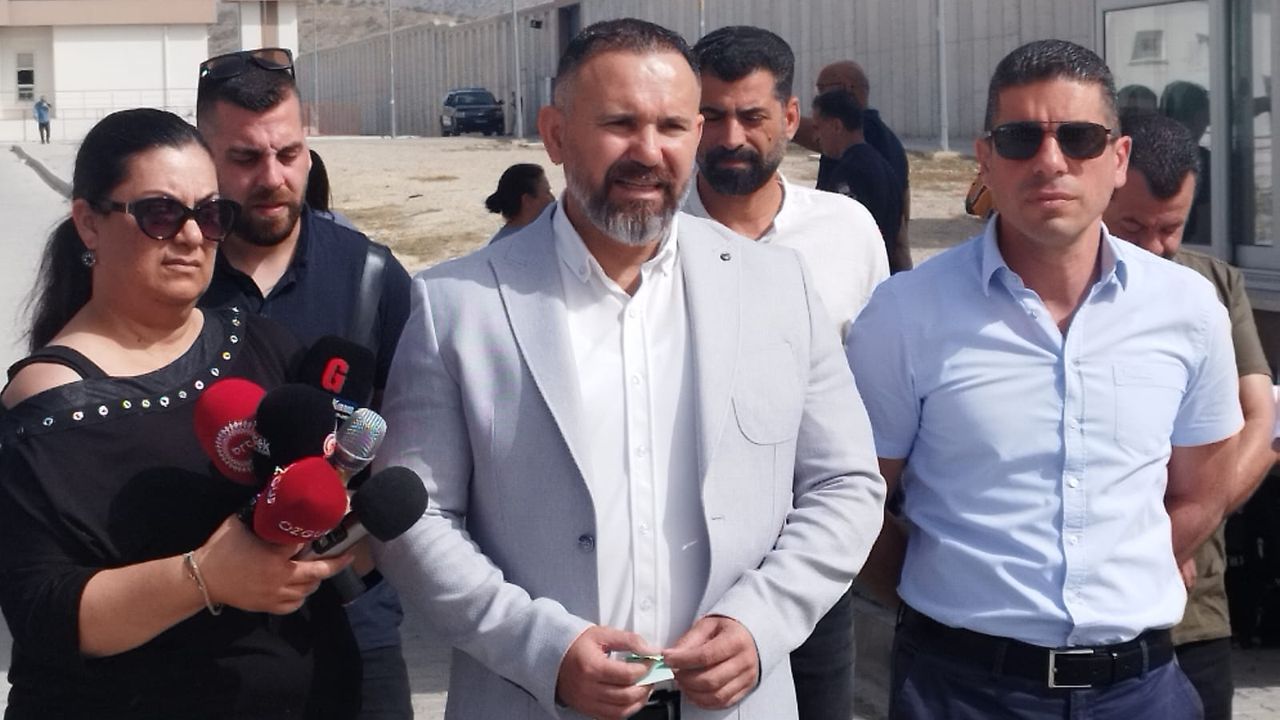

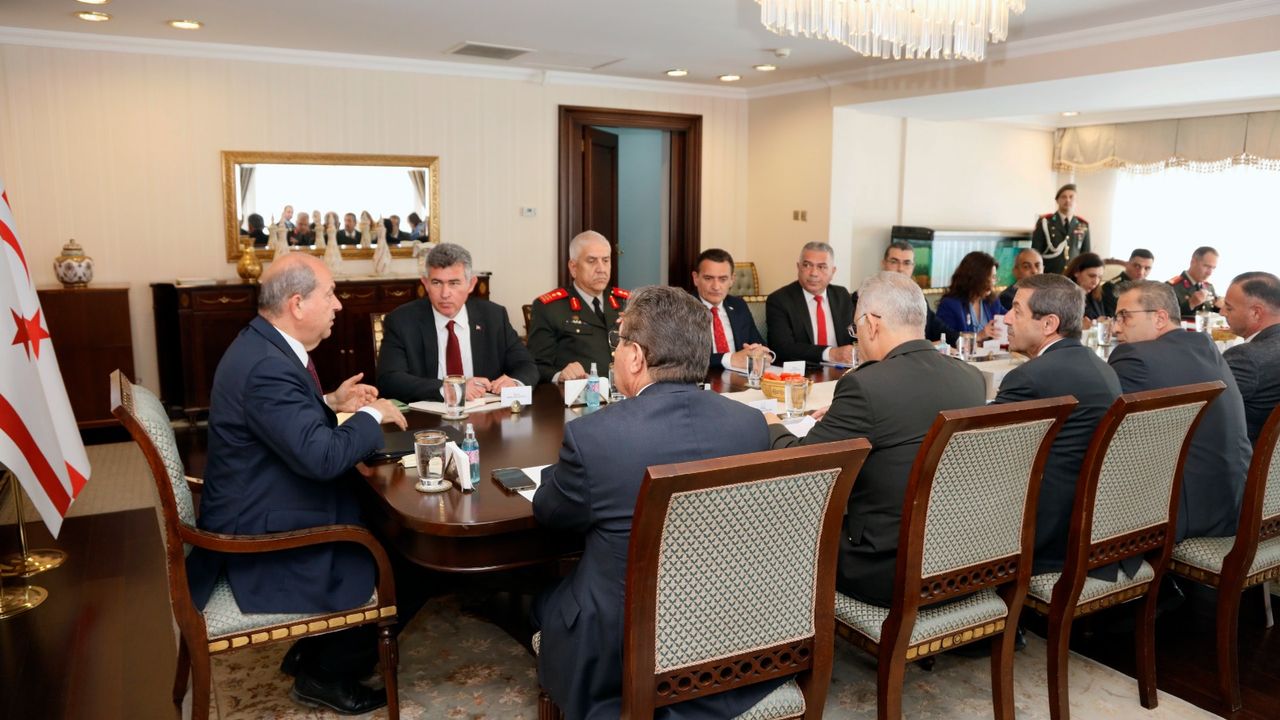

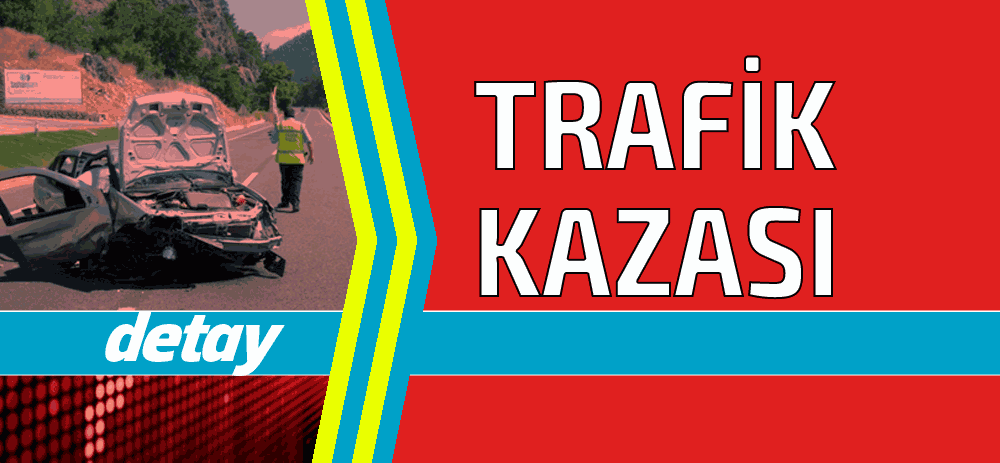
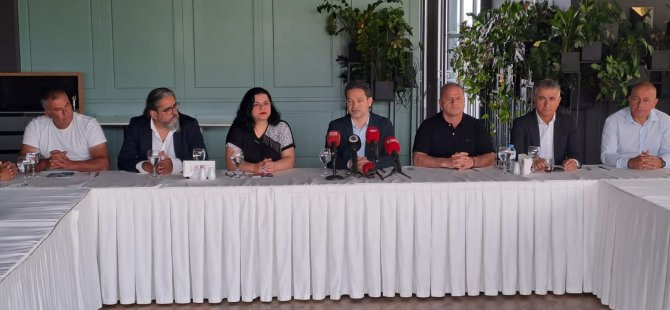
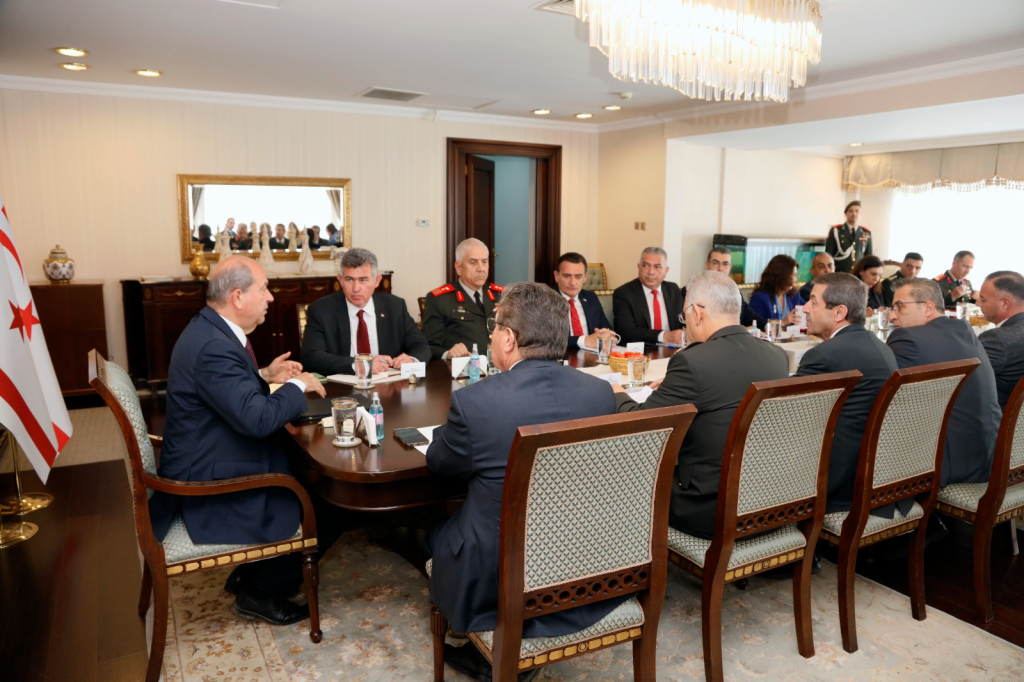
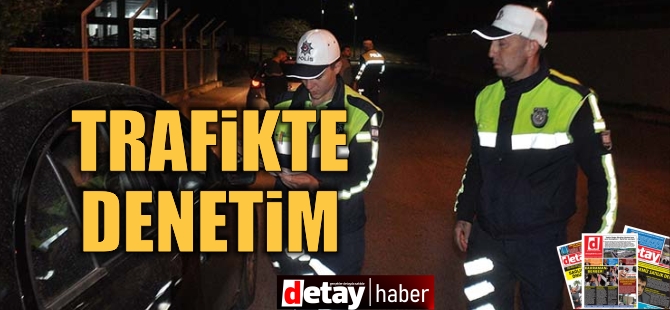

Türkçe karakter kullanılmayan ve büyük harflerle yazılmış yorumlar onaylanmamaktadır.